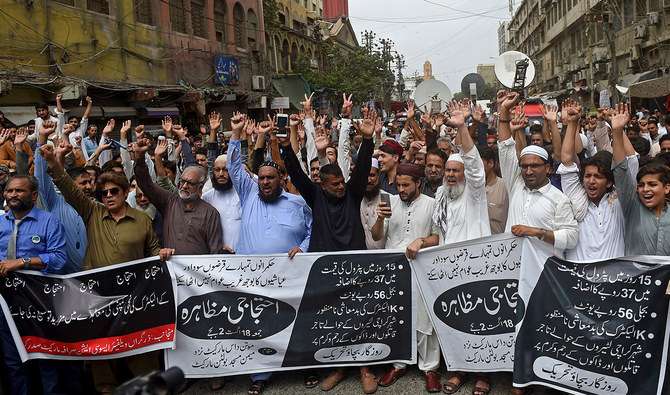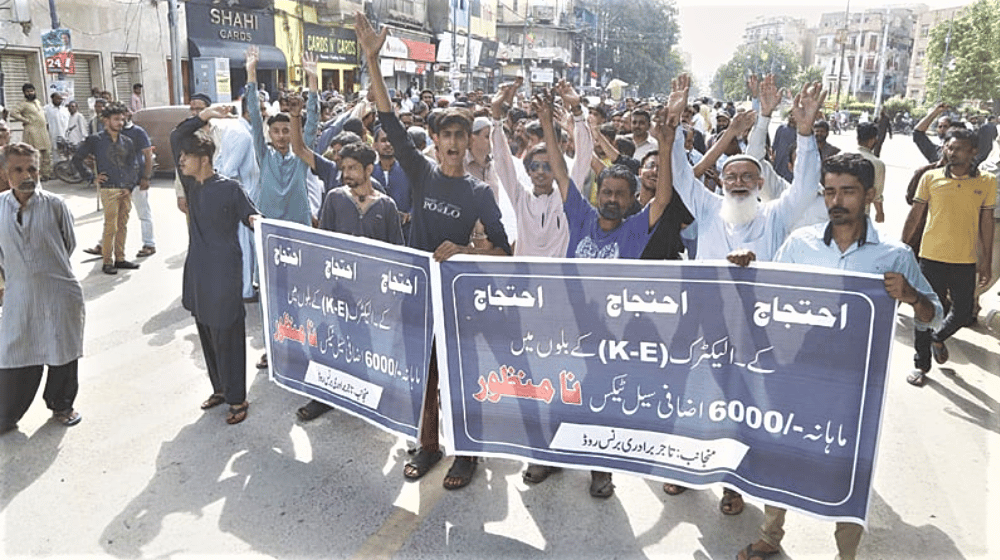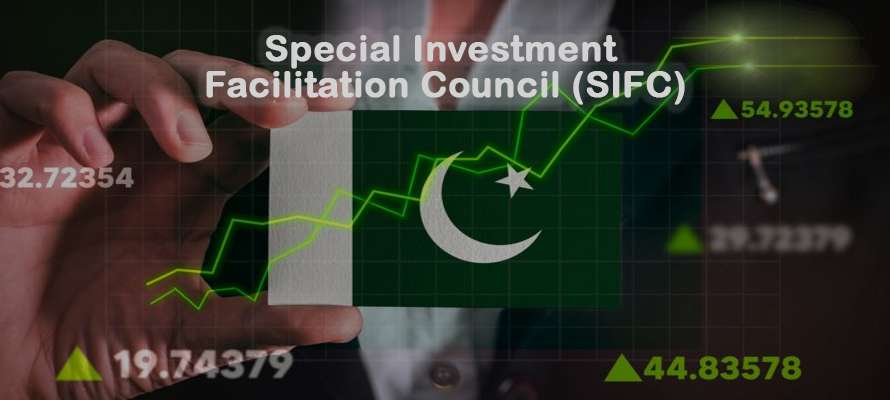
As a nation wrestles with a prevalent wheel jam and shutter down strike in response to sky-high electricity bills, the standpoint of the caretaker Prime Minister, Anwaarul Haq Kakar, has come under scrutiny. He has dismissed this matter as a non-issue, asserting that certain political parties are using it as a mere tool for their electoral campaigns. In a meeting with senior journalists and news anchors, the interim prime minister remarked, it is not a very serious issue, but political parties are in election mode and using it as a social cause. He even empathized with their stance, acknowledging that if he were a candidate, he might have taken a similar approach.

In the midst of economic challenges and a delayed IMF program, Pakistan is endeavoring to harness its untapped potential to attract foreign investment. While the electricity bill issue remains contentious, the government’s aspirations for economic growth and development are undeniably ambitious. The nation now watches eagerly to see how these plans unfold and whether they will lead to the envisioned transformation.

Though, Mr. Kakar’s assertion that consumers must “pay the bills” has exacerbated the frustration of those who have taken to the streets, venting their anger by burning these inflated bills. Consequently, it is highly anticipated that the strike will gain momentum and make a significant impact.

On a different note, Mr. Kakar’s comments regarding the use of free electricity have sparked conversations. He disclosed that the government had officially reached out to the military, and their response indicated that the armed forces, including the Pakistan Army, Navy, and Air Force, do not consume a single unit of free electricity, with their bills being covered from the allocated financial budget. In contrast, Wapda employees were identified as beneficiaries of free electricity units, and Mr. Kakar emphasized the need to rationalize their usage, particularly among higher-ranking officers who were availing substantial amounts of free electricity.

In a more forward-looking context, Mr. Kakar articulated ambitious expectations regarding foreign investment. He stated that the government anticipates attracting an estimated $60 billion to $70 billion in foreign investment over the next three to five years through the newly established Special Investment Facilitation Council (SIFC). According to him, the interim government has already received commitments of a similar magnitude in investment. He emphasized the need to design and submit projects, asserting that there is a strong appetite for investment in Pakistan.

The SIFC, formed in June, is seen as a pivotal initiative to formulate economic policies aimed at ensuring policy predictability, continuity, and effective implementation to revive the economy. Mr. Kakar highlighted Pakistan’s substantial potential in natural resources, citing the Reko Diq gold and copper reserves worth $700 billion, and stressed that the SIFC is a transparent intervention with the potential to unlock trillions of dollars.

In addition, Mr. Kakar underscored Pakistan’s vast land resources suitable for agriculture, its abundant water for irrigation, and the untapped potential in sectors such as information technology, tourism, and defense production, all of which could contribute significantly to the country’s socio-economic development.

In a bid to encourage foreign investment, diplomatic missions were briefed on investment options, leveraging Pakistan’s resource-rich status. Special Assistant to the Prime Minister on Government Effectiveness, Dr. Jehanzeb Khan, made a detailed presentation to the diplomatic corps, focusing on investment opportunities in key areas such as information technology, agriculture, energy, and mining. The SIFC’s role as a one-window platform to facilitate Foreign Direct Investment was emphasized.

